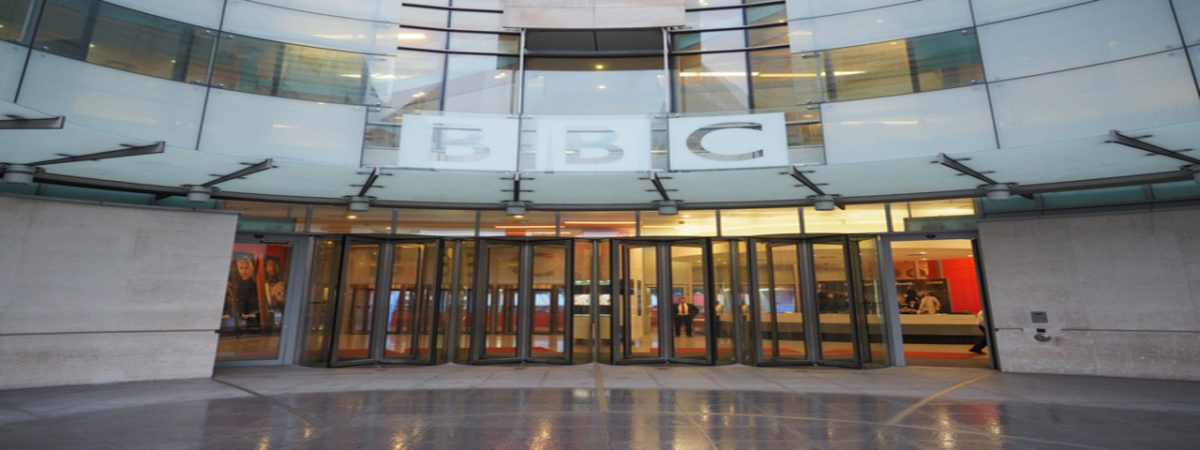We need a new kind of trade unionism
SUGGESTED



The Trade Union Bill was clearly foreshadowed in the 2015 Conservative manifesto and its provisions were no surprise to anybody. Some of the Bill’s features are fairly trivial and have been amended. The core element is the new restrictions on strikes – the threshold requirements for turnout and majority in ballots in important public service areas.
There is no such thing as a ‘right to strike’ in UK law – or in the European Convention on Human Rights. In general, if someone breaks a contract with you, you are entitled to claim damages – and a good thing too. Life in a complex society would be impossible if contracts could be broken with impunity.
The principle established in the nineteenth century was that properly constituted unions could, in certain circumstances, be granted immunity from damages for breach of contract. But right from the beginning, these circumstances were defined in law. They have been redefined many time since. The changes made under Mrs Thatcher and John Major narrowed the scope of legitimate industrial disputes, required pre-strike ballots and reformed unions’ internal structures. As a result the threat of unofficial strikes, the bane of industry and government in the 1960s and 1970s, has completely disappeared, while overall strike incidence is a tiny proportion of levels reached under the Callaghan government.
The new requirements in the Trade Union Bill, aimed at semi-political strikes in transport, schools, the fire service and the health service – normally accounting for 80-90% of all days lost to industrial action – are not qualitatively different from what has gone before. All countries place some restrictions on strike action. Many require a minimum level of provision to be guaranteed in crucial public services and ban strikes outright in areas such as the police, the armed forces, emergency services and air traffic control. In Germany well over one and a half million Beamte (civil servants), including teachers and university professors, are forbidden to strike.
Despite all the opposition from unions and fear for civil liberties, I don’t think that this Bill will change anything very much. I expect that, despite the new hurdles, we will continue to see votes in favour of industrial action, particularly if (as now seems likely since the government has conceded a pilot scheme) we eventually get online balloting in one form or another.
But these votes will not necessarily achieve much even for the members concerned, let alone the wider trade union movement. I’d ask at this point whether we need trade unions as much as in the past – or rather, do we need the type of unions we have inherited from that past.
Nowadays we have employment rights which go way beyond anything which unions ever secured directly for their members. We have minimum wages, unfair dismissal legislation, equal pay and anti-discrimination laws, parental leave, flexible working rights, auto-enrolment in private pensions and so on. Although some of these measures reflect union pressure, others – notably minimum wages and unfair dismissal – were historically opposed by unions which preferred collective bargaining to government regulation.
True, some workers still do not do well enough and some employers behave badly towards them. Such employers, however, are predominantly in the private sector, where the higher voting thresholds don’t apply. The problem for unions is that they have failed to recruit on anything like the scale they need to do in order to have an impact. In the public sector the unionisation rate is around 54%. But in the much larger private sector it stands at just 14%. Even that figure is misleadingly high, as it is boosted by large privatised industries such as water and energy. In huge swathes of the private sector, particularly in new service fields, union presence is negligible.
Unions are failing to capture young people’s interest. In the last twenty years, union membership has declined relatively little amongst the over-50s. But amongst young people it has dropped sharply. Amongst young men under 30 unionisation has halved, offset only slightly by increases amongst young women (employed in increasing proportions in the public sector).
It isn’t surprising. If we look at three disputes in the news at the moment, the union position is essentially backward-looking. On the Tube, staff resist the introduction of late-night services, essential for a city like London, On Southern trains, unions are arguing for the retention of an ancient job description for guards. The junior doctors oppose regular weekend working.
These are twentieth-century, even nineteenth-century, issues where you can have set-piece confrontations with one large employer with a continuing existence. This is familiar, almost comforting, territory for the union movement. But unions have little useful to say about the emerging 21st century environment of the ‘gig’ economy, where businesses pop-up and disappear overnight, there is increasing self-employment and contracting-out, contracts are only temporary and innovation and change are daily realities.
Some workers thrive in this environment. Some are vulnerable – but unions can’t turn the clock back and impose long-term, secure employment on companies which may not be here in two or three years’ time. Workers in today’s world need unions that rediscover their ‘friendly society’, self-help roots – offering insurance, freestanding pensions, help with mortgages, legal advice, assistance with job search and so on. This is where there future lies, not with sterile confrontation with employers and government.
As for the Bill – frankly, if I was the government I wouldn’t have bothered. It looks too much like a political ploy to embarrass the Labour Party and will have little effect. To my mind the problems in the labour market these days are not caused by trade unionism but by the slow pace of public sector reform, and by excessive and damaging regulation. Far from tackling this, the government is adding to employers’ difficulties with the National Living Wage, the Apprentice Levy and so forth. Trade unions are a sideshow.
From the union viewpoint, too, the fight over the Bill is a distraction. Energy spent on fighting it is energy which is not being put into rethinking and reshaping the ‘offer’ for 21st century workers to whom collective bargaining is something from the history books.




